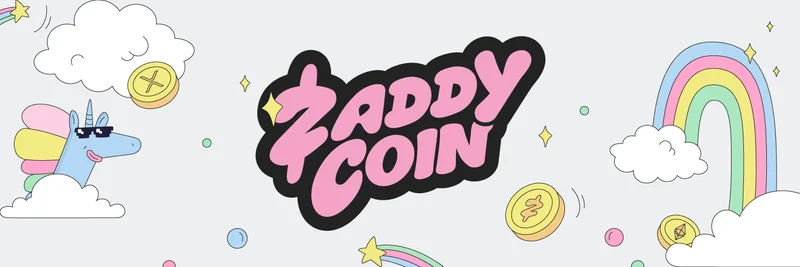Have you heard the buzz about the US Commerce Department diving into blockchain? If not, buckle up because this could shake things up for everyone in the crypto space, especially those of us knee-deep in meme tokens. Token Terminal, a go-to platform for crypto fundamentals, recently highlighted a clip from the All-In Podcast where they discussed this groundbreaking move. Let's break it down and see why it's a big deal.
The Big Announcement
In a recent episode of the All-In Podcast, one of the hosts—likely Chamath Palihapitiya based on the context—praised the Commerce Department for starting to publish GDP data directly onto the blockchain. The idea? Make economic data transparent, tamper-proof, and accessible in real time. The tweet from Token Terminal (view it here) sums it up perfectly: putting data on-chain increases accountability and stakeholder trust, helps attract capital at better terms, fuels investment in growth, and ultimately lets you "win."
For those new to the term, "on-chain" simply means recording information directly on a blockchain network, like Ethereum or Solana, where it's immutable—meaning it can't be altered once it's there. This is huge for government data because it reduces the risk of manipulation and builds confidence among investors and users.
Why This Matters for Blockchain Practitioners
If you're building or trading in the blockchain world, real-time economic data changes the game. Imagine having GDP figures, employment stats, or other key metrics fed straight into smart contracts. These could act as "pricing oracles"—tools that provide external data to blockchains, enabling automated decisions. For example, a DeFi protocol (decentralized finance, where financial services run on blockchain without banks) could adjust interest rates based on live economic indicators, making everything more efficient.
Token Terminal points out the cycle: more trust leads to cheaper capital, which means more money flowing into innovative projects. In a sector where hype and fundamentals often collide, this could stabilize things and draw in serious institutional money.
The Meme Token Angle
Now, let's talk meme tokens—the fun, volatile side of crypto that often starts as a joke but can explode into massive communities and value. Meme coins like Dogecoin or newer ones on Solana thrive on momentum, social media buzz, and sometimes economic vibes. With on-chain government data, meme token creators and traders get a treasure trove of reliable info to build around.
Picture this: a meme token tied to economic growth metrics. If GDP data shows a boom, smart contracts could automatically distribute rewards or adjust token supplies. Oracles pulling from official on-chain sources mean less reliance on sketchy third-party data, reducing scams and boosting legitimacy. For meme token enthusiasts, this could mean fairer launches, better-informed trades, and even meme-inspired DeFi products that react to real-world economics.
It's not just about the tech; it's about trust. Meme tokens often get a bad rap for being "pump and dump" schemes, but integrating verifiable data could help them evolve into something more sustainable. Attracting capital at favorable terms? That sounds like a recipe for bigger airdrops, stronger communities, and yes, more wins.
Looking Ahead
This move by the Commerce Department, led by Secretary Howard Lutnick, signals a shift toward embracing blockchain at the governmental level. As more data goes on-chain—think employment numbers from payroll companies or anonymized economic measures—the entire crypto ecosystem benefits. For meme token insiders, it's an opportunity to level up from pure speculation to data-driven fun.
If you're diving into meme tokens, keep an eye on projects leveraging oracles like Chainlink or Pyth, which could integrate this new data stream. It's early days, but the potential for growth is massive. What do you think—will this make meme tokens more mainstream? Drop your thoughts in the comments below.
Stay tuned to Meme Insider for more updates on how blockchain news intersects with the wild world of meme coins.



